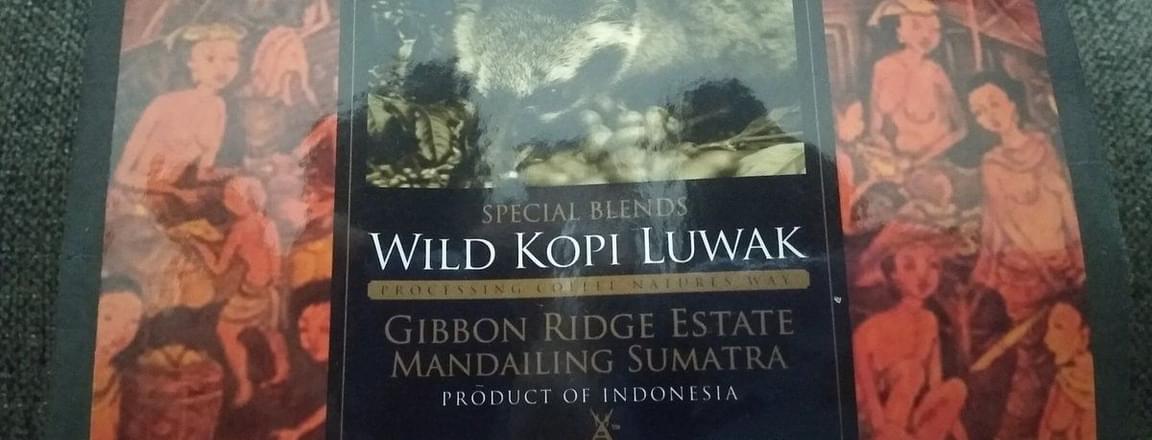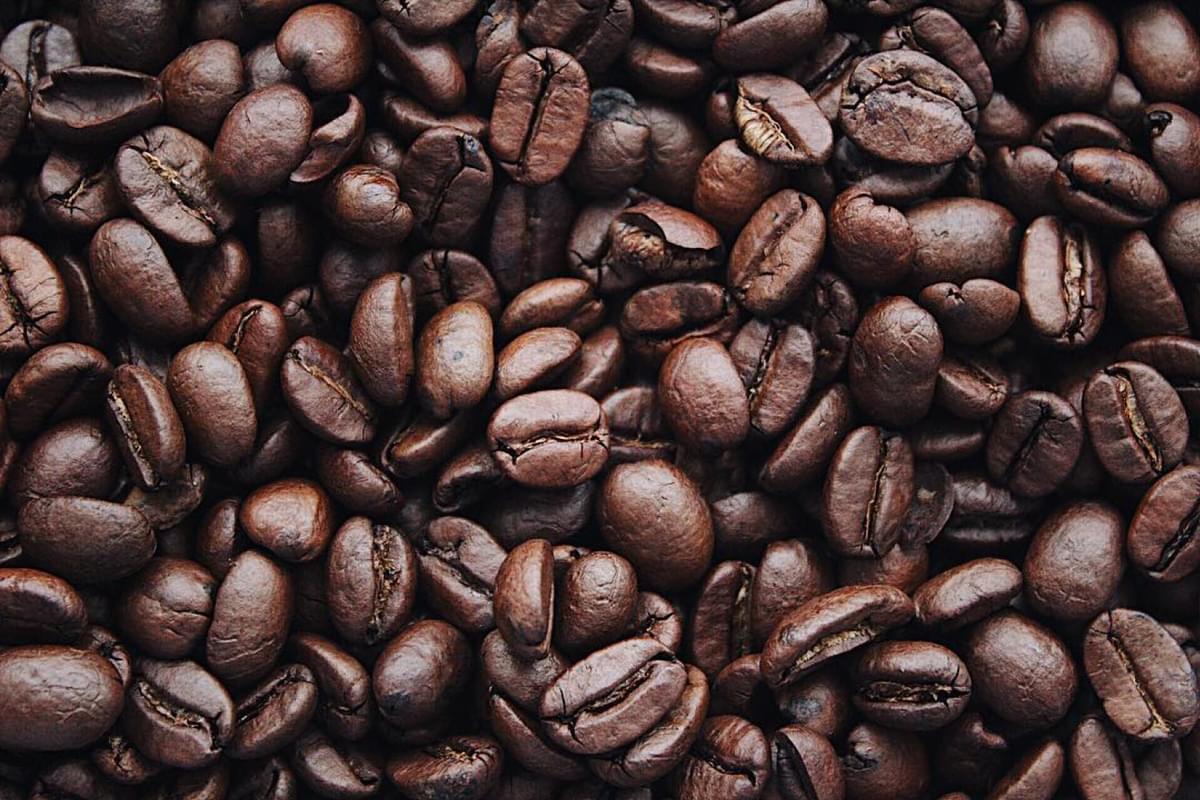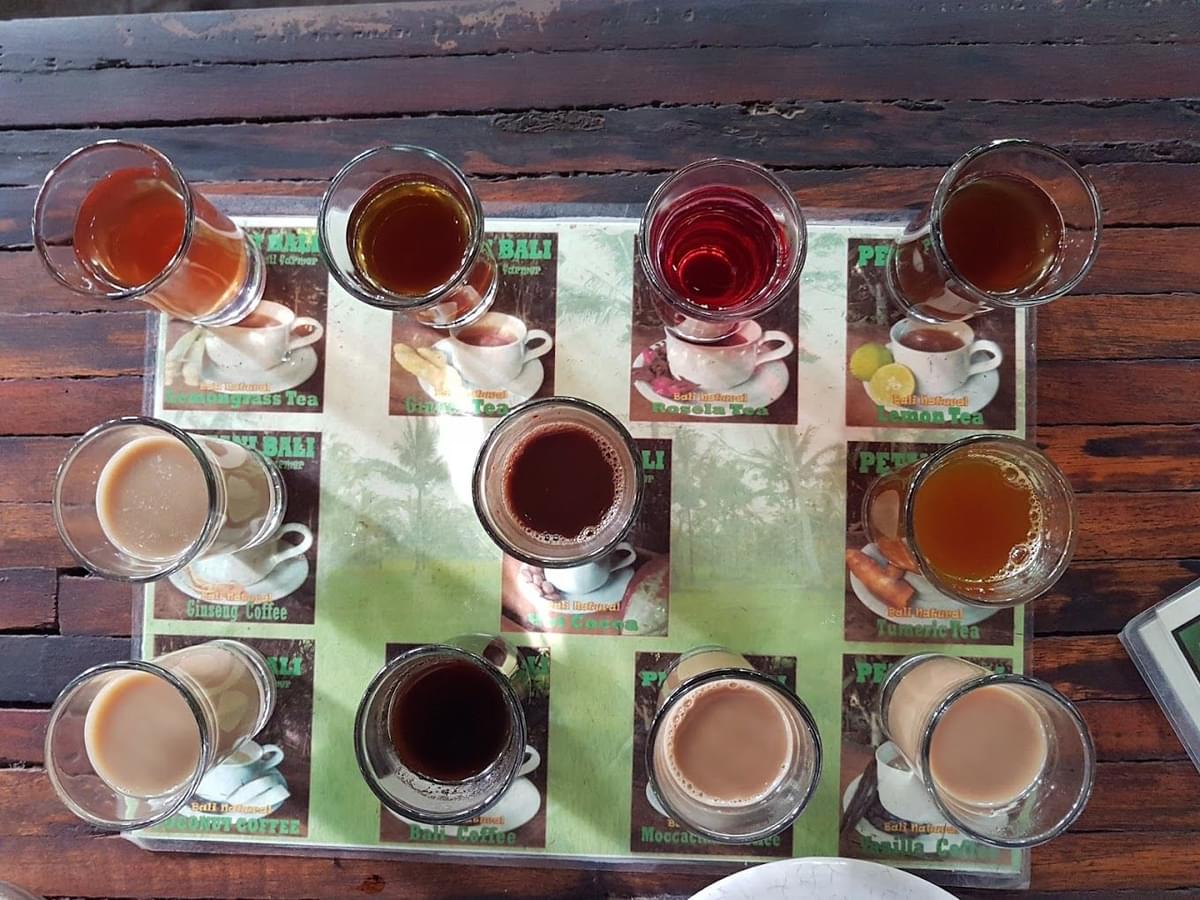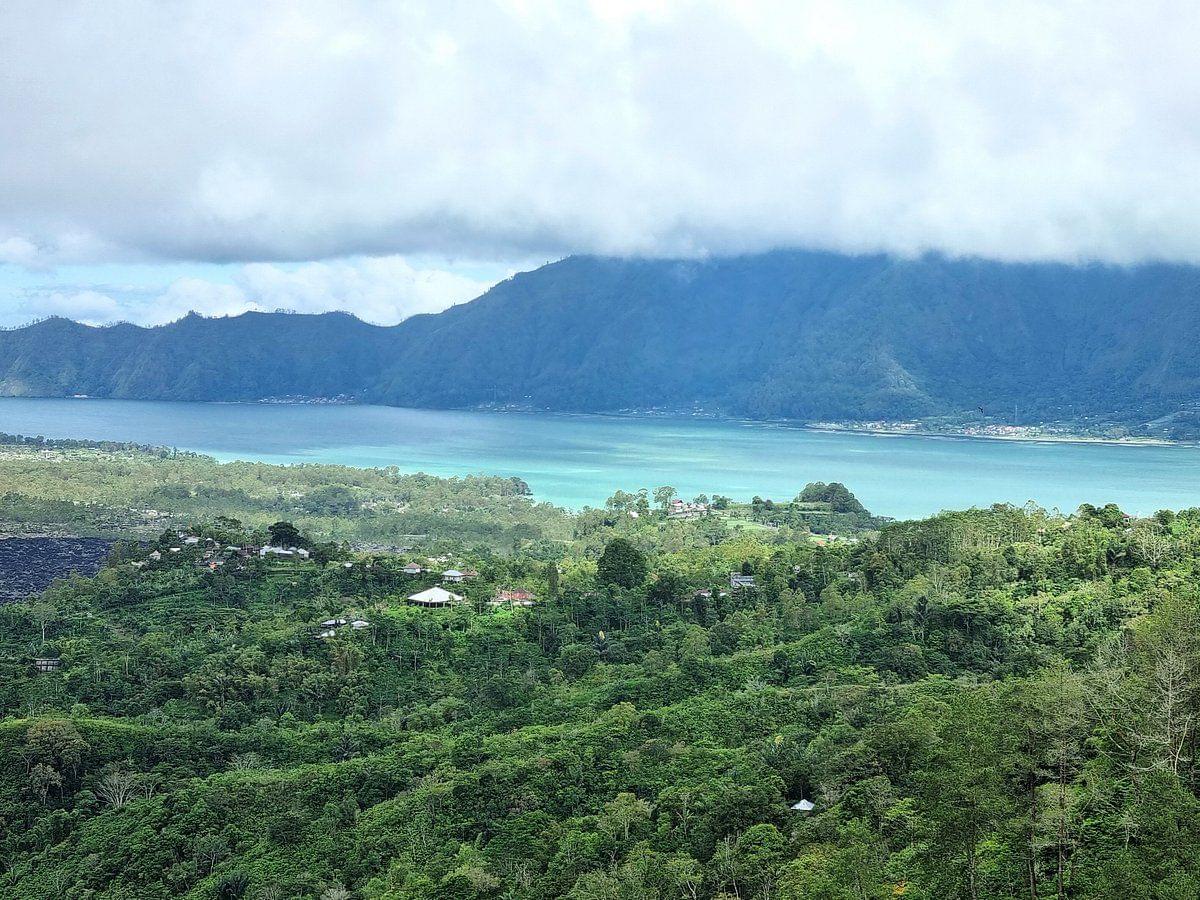
- Home
- Attractions
- Bali
- Kintamani
- Exploring Luwak Civet Coffee Farm: Bali's Bean-to-Cup Journey
Exploring Luwak Civet Coffee Farm: Bali's Bean-to-Cup Journey

Make the most of your Kintamani vacation while you go on a unique Bali coffee farm trip. Visit this magnificent Luwak Civet Coffee Farms and get the chance to sample the finest coffee in the world. One of the best things to buy in Kintamani is civet espresso, also known as coffee luwak. See the full production of espresso, from the seed to the preparation of the coffee powder. If you have Kintamani in your Bali tour package from India, this is a must-visit place on your Bali trip.
Luwak Civet Coffee Farm in Kintamani, Bali
- Process Behind Luwak Civet Coffees
- Savor Kopi Luwak at These Locations in Bali
- Benefits of Drinking Luwak Coffee
- Places to Visit Near Luwak Civet Coffee Farm in Kintamani
- Frequently Asked Questions for Luwak Civet Coffee Farm
1. Process Behind Luwak Civet Coffees

Kopi Luwak is frequently referred to as the best coffee in the world, but it is also among the costliest varieties. Due to its unique production process, which involves using Asian palm civets, little animals that resemble a cross between a cap and a raccoon, to partially digest coffee cherries, the coffee is well known.
Asiatic palm civets are indigenous to Sumantra and are members of the Viverridae family. They are referred to as "luwaks" by locals and reside in the trees. Being omnivores, luwaks consume a wide variety of foods, including fruits like berries, mangoes, and bananas, as well as insects. They prefer sweet flavors and consume coffee cherries and palm flower sap as part of their natural diet.
The Asian palm civet eats the beans, which then go through chemical processes and fermentations. The coffee cherry's pulp and bean are eliminated when a luwak consumes a cherry along with its bean. Only the coffee bean is still whole after passing through the animal's digestive tract and fermenting, giving the bean a distinctive flavor.
Farmers gather the coffee beans from the jungle floor after the animals have let go of them for 24 hours. Afterward, only the best beans are kept after being sorted to remove any damaged or undersized beans. The producers take care to remove the beans' outer coat before washing, drying, and poking them. The process is finished by grinding the beans after they have been expertly roasted at over 200 °C.
Because of this unique collection method, kopi luwak is quite rare. Witnessing this amazing coffee production process is one of the best things to do in Bali.
Note: Kopi Luwak is a process rather than a variety of coffee. Drinkers of Kopi Luwak are encouraged not to add sugar, milk, or cream because these components lessen the flavor of the coffee.
2. Savor Kopi Luwak at These Locations in Bali

- Cantik Agriculture and Luwak Coffee plantations
- Petani Bali Luwak coffee Farm
- Lumbung Sari House Of Luwak Coffee
- Segara Windhu Coffee Plantation
3. Benefits of Drinking Luwak Coffee

- Unique flavor profile from fermentation in civet's digestive system.
- Lower acidity compared to regular coffee, suitable for sensitive stomachs.
- Contains antioxidants that may promote health and well-being.
- Provides a natural energy boost due to caffeine content.
- Supports local communities and economies in coffee-producing regions.
- Offers a cultural and culinary experience for coffee enthusiasts.
4. Places to Visit Near Luwak Civet Coffee Farm in Kintamani:

If you're visiting a Luwak civet coffee farm in Kintamani, Bali, there are several nearby attractions and places worth exploring. Here are some places you might consider visiting:
- Mount Batur: This active volcano is located near Kintamani and offers breathtaking sunrise treks. It's a popular hiking destination with stunning views of Lake Batur and the surrounding landscape.
- Lake Batur: Situated at the foot of Mount Batur, Lake Batur is Bali's largest lake and provides a picturesque setting for various activities like canoeing, fishing, or simply enjoying the serene ambiance.
- Tegallalang Rice Terraces: These iconic rice terraces are a short drive from Kintamani and offer stunning panoramic views of lush green landscapes. You can explore the terraces on foot or hire a local guide for a more immersive experience.
A visit to the Luwak Civet Coffee Farm in Kintamani, Bali offers an unparalleled experience of witnessing the unique production process behind Kopi Luwak. Explore nearby attractions and savor the distinct flavors of this renowned coffee for an unforgettable Bali adventure.
5. Frequently Asked Questions for Luwak Civet Coffee Farm
Where is the origin of Kopi Luwak coffee?
Sumatra, Java, Bali, Sulawesi, and East Timor are the primary Indonesian islands where kopi luwak is made.
Why is coffee from Luwak so expensive?
The most exclusive (and costly) coffee in the world is called kopi luwak. The unusual production method is the primary cause of its high cost. It is made from coffee beans that the Indonesian palm civet expelled after digesting them only partially. Sure, that does sound somewhat disgusting, but don't worry.
Does Luwak coffee taste good?
The wealth of kopi luwak is also well known. The body of the coffee has a smooth, syrup-like consistency when it is finished. The rich flavor is complemented by sensuous notes of chocolate and caramel. Moreover, it has been said that the flavor is foreign, musty, and earthy.
What is the world's richest coffee?
Kopi Luwak is the most special and expensive coffee in the world. Its manufacturing process accounts for its high cost. Importantly, the word Kopi Luwak refers to the technique of manufacturing rather than the coffee.
Who created Kopi Luwak?
According to history, the kopi luwak was mostly found in Indonesia during the Dutch colonial era. Native farmers were compelled to forage for coffee during this time period because they were not allowed to harvest it for their own purposes.
Is kopi luwak pure and secure to consume?
YES! The beans are properly washed before being heated during roasting (over 400 Fahrenheit). Both procedures guarantee that Kopi Luwak is completely safe to consume.
Update your location?



